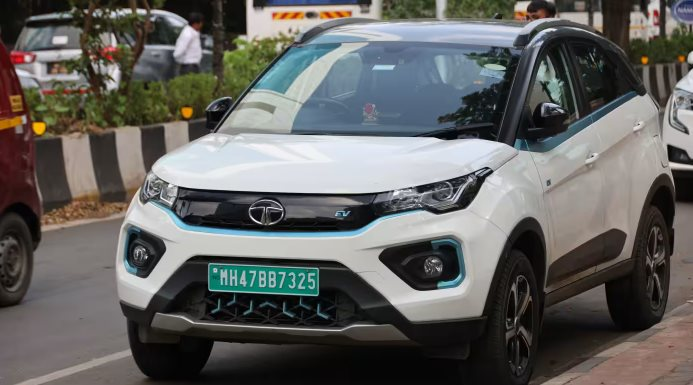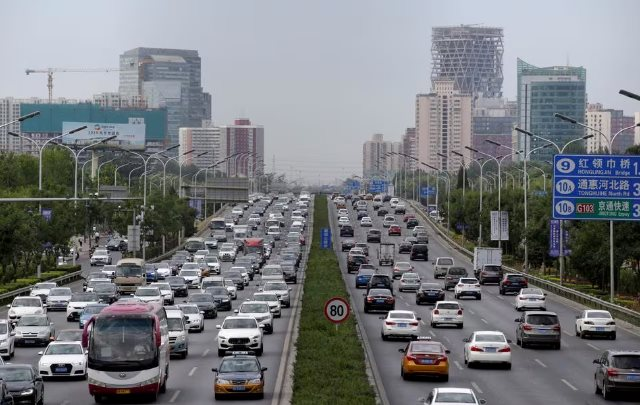
Illustrative image
Big dependence on imports
Despite the unprecedented growth in demand for electric vehicles in India and a slew of domestic carmakers entering this market, the prices of electric vehicles in the country cannot be expected to come down soon because most components, especially batteries, are still imported.
According to Nikkei Asia, even if India starts producing batteries locally, it will not be able to bring down the prices of electric vehicles. Himanshu Singh, an automotive analyst, said that the price of batteries may not decrease due to raw materials – which account for a large portion of the cost – still needing to be imported.
According to Harshvardhan Sharma, head of Nomura’s automotive retail division, rationalizing import tariffs and transportation costs related to batteries from China and South Korea could help reduce battery prices.
Priyadarshi Panda, co-founder of International Battery Company (IBC) based in Silicon Valley, recently revealed plans to build a lithium-ion battery manufacturing facility in India. He said the company will sell batteries at a price equivalent to the price that competing rivals such as Ola Electric, Ather Energy, TVS Motor, and others are offering customers.
Although he declined to provide specific numbers, he said the first thing the company is negotiating is the quantity. The quantity will determine the price that other suppliers offer. For large quantities, the price may be more attractive.
Indian electric vehicle manufacturers rely heavily on China for key components, especially batteries. This also prevents the country from having full control over the quality of these components. Conversely, this increases concerns about the safety of these vehicles in India’s challenging climate and road conditions. Currently, India imports 100% of lithium-ion batteries in the form of cells or complete battery packs.

When will electric vehicles become cheaper?
From companies with ample capitalization like Reliance Industries, Tata Group, Suzuki, to traditional battery manufacturers like Amara Raja and Exide. In addition, emerging companies such as Log9, Godi, and Nsure have announced plans to build lithium-ion battery manufacturing plants in India. However, there is still a long way to go.
Sharma believes that India can completely surpass China and South Korea in the near future is overly ambitious.
“China and South Korea have the advantages of batteries, production technology, and economics due to scale. Therefore, competing with them for market share may be difficult, especially in the short term. India is quickly building advanced technology capabilities and expertise necessary for high-performance cell production, but catching up with competitors in the battery race will still face many challenges and be very expensive.”
In January, Ola announced that their gigafactory in the Krishnagiri district of Tamil Nadu will be operational this month. Reliance New Energy is setting up a giant battery production facility in Jamnagar, Gujarat, while Rajesh is setting up a battery production plant in Dharwad, Karnataka.
Most notably, Log9 Company says they are currently striving to expand lithium-ion battery production capacity to 1 GWh and battery pack production capacity to 2 GWh by the end of 2024 or the first quarter of 2025.
Another top executive in the electric vehicle industry said that battery production is not a technology issue because many countries have the ability to produce batteries. He emphasized that the problem is production on a large scale, where cost structures are reduced. According to this executive, anyone can participate in production, but reliable, repetitive, and scalable production is important.
Currently, China has about 70% of the world’s cathode production capacity and over 80% of anode production capacity, and more than half of the world’s electrolysis and separation capacity. These components are combined to form lithium-ion batteries, of which over 3/4 are produced in China and mostly by only two companies, CATL and BYD.
Even Tesla has to rely on partners such as Panasonic, CATL, and LG Electronics to supply batteries globally. CEO Elon Musk, who plans to mass-produce batteries this year, admits that producing them on a large scale will be very difficult.
According to Nikkei Asia












